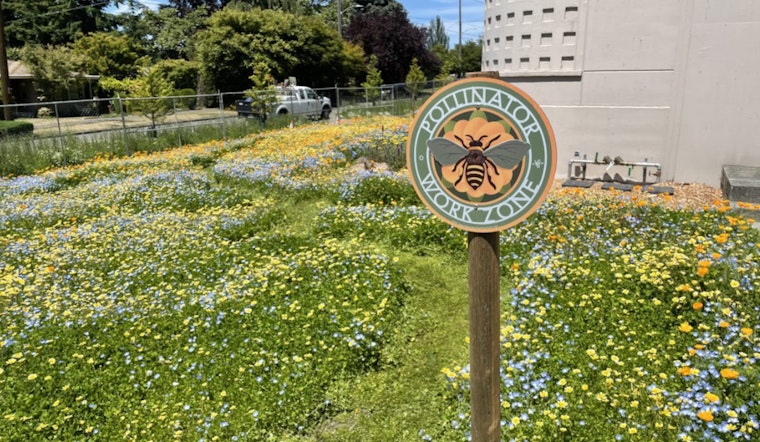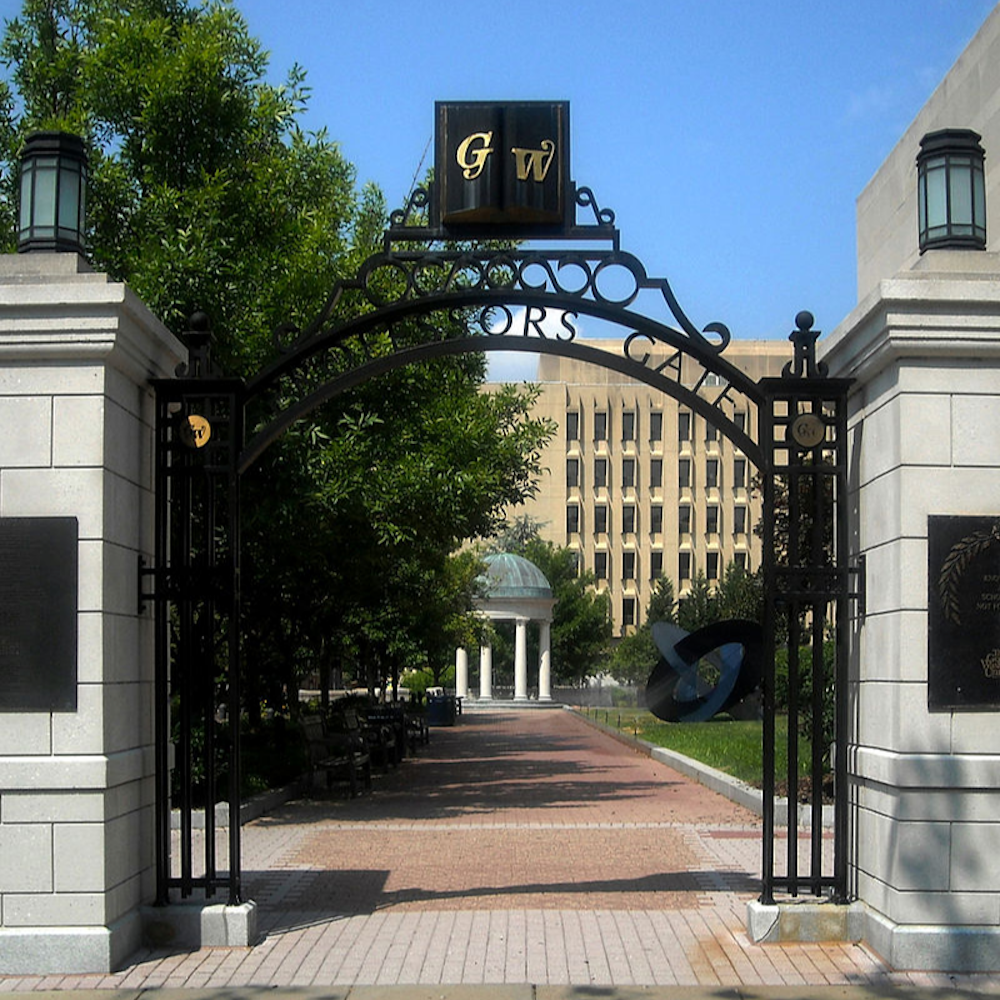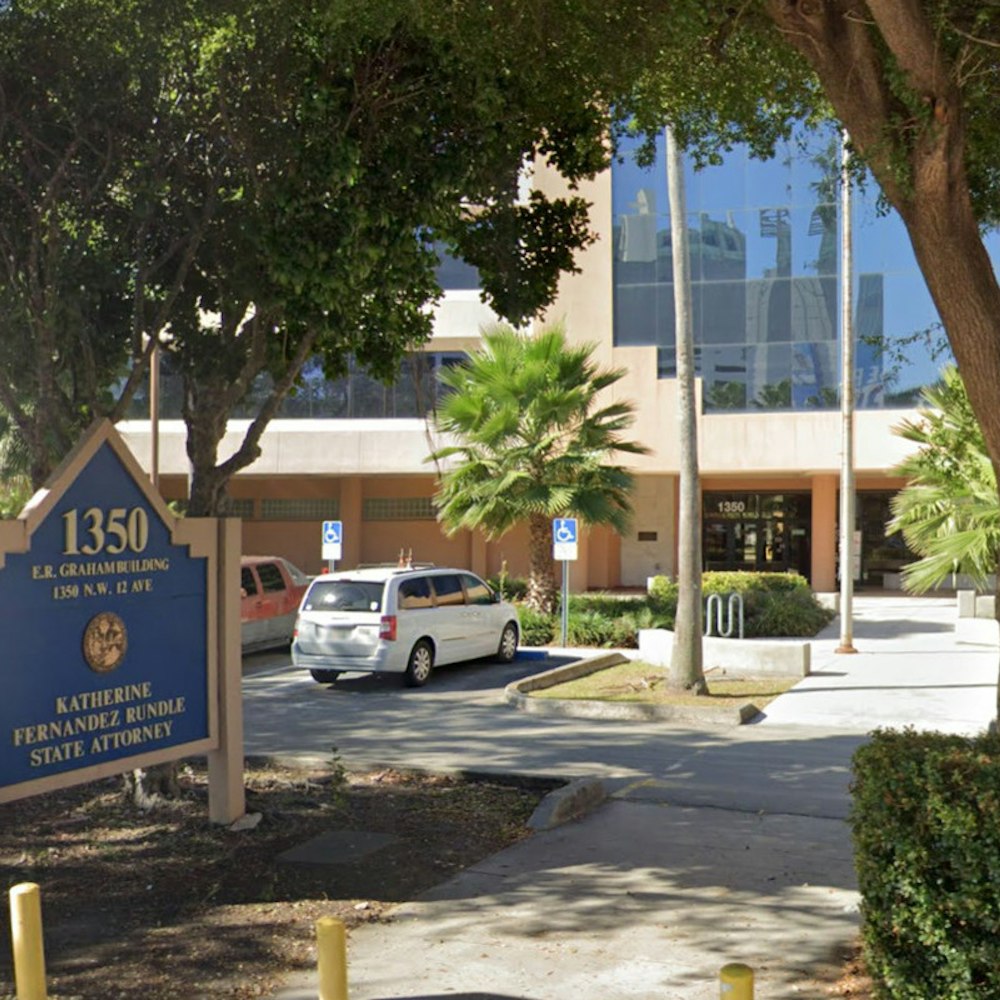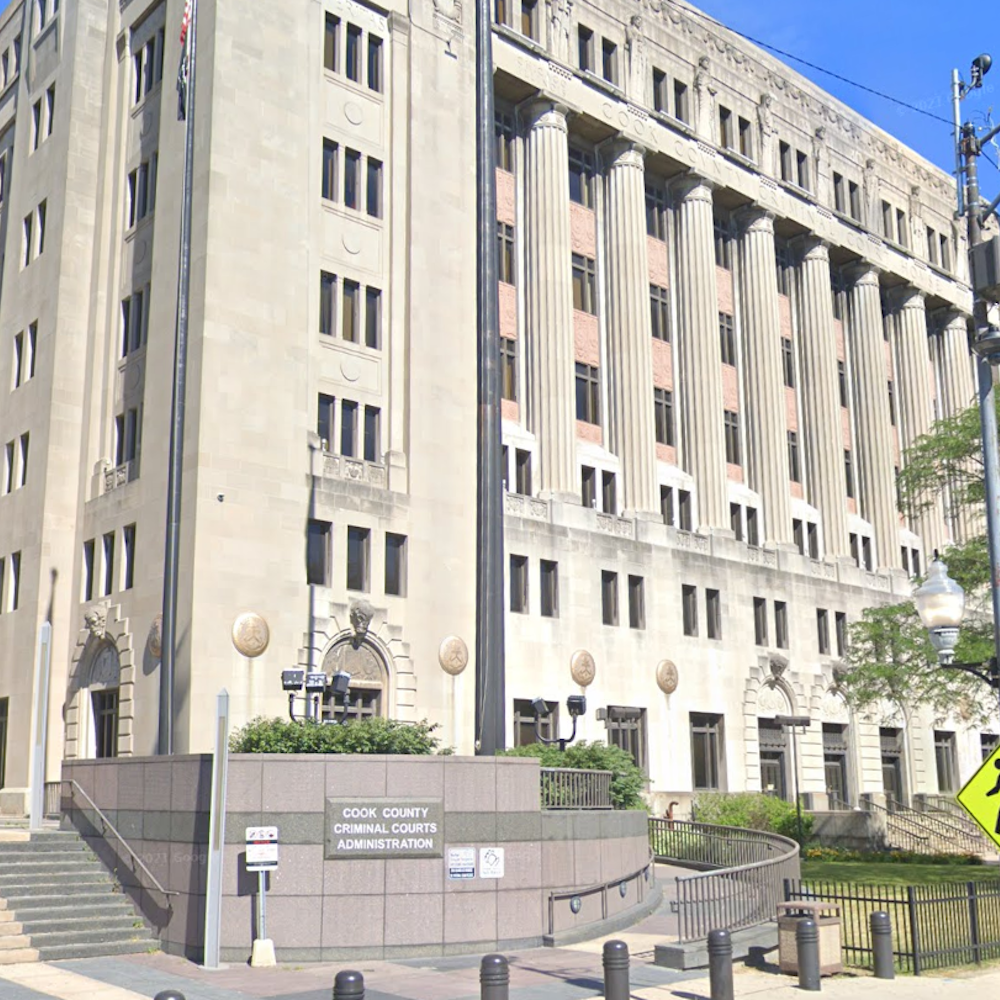
In an eco-friendly movement that's buzzing with potential, City Light has stepped up its game to combat the steep decline in pollinator populations, according to their latest initiative spotlighted on the power company's blog. With more than half of bee species in North America facing a downward spiral, one in every four risks vanishing entirely. The culprits are not just limited to pesticides and climate change—urban expansion takes its toll on these indispensable little workers as well.
Not one to sit idle while nature suffers, City Light has been planting the seeds of recovery across its service territory by maintaining gardens that welcome these vital agents of pollination. The power provider isn't limiting this green-thumbed approach to its own properties, though. It's encouraging the public to roll up their sleeves and cultivate their own backyards into sanctuaries for bees, wasps, butterflies, and other nature's pollinators. According to City Light's blog, with some thought and effort, any garden can become a haven for these creatures that are so critical for our environment's health.
Pollinators like bats, birds, and beetles don't just beautify a garden—they play a crucial role in the growth of crops and sustainability of our natural ecosystems. As we uproot their habitats and douse their food sources in chemicals, it’s incumbent upon us to take remedial steps. City Light advises that with the addition of native plants, reduction of pesticide use, and provision of water and shelter, backyard gardens can serve as a lifeline for these imperiled species.
Community efforts to amend the decline of pollinators have never been more significant. Each garden may seem like a drop in the bucket, but collectively, they can ripple out into a tidal wave of support for biodiversity. City Light's endeavor to enlighten and enlist residents in the plight of pollinators is more than just a call to action—it's a blueprint for the kind of grassroots resurgence that could turn the tide for these indispensable creatures of the wild.









